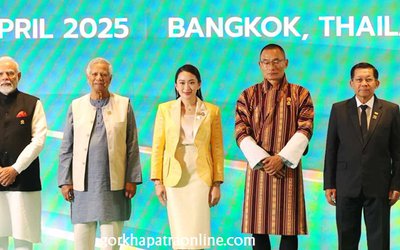More on National
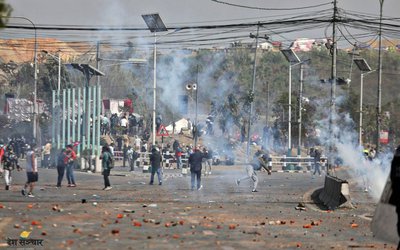
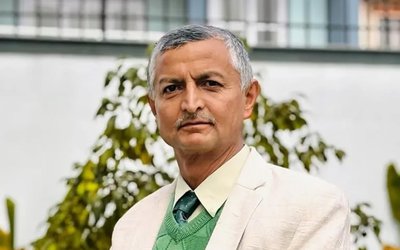
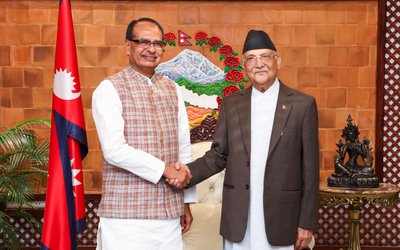
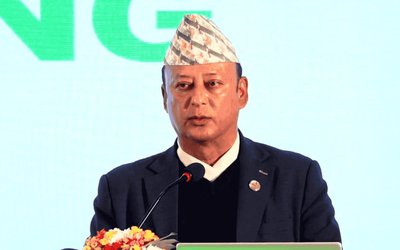
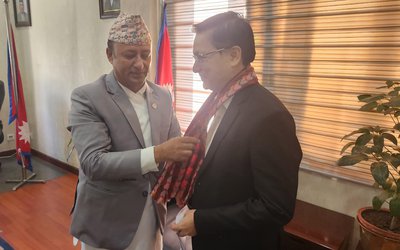
At a time the Least Developed Countries like Nepal are facing several implications of climate change, requiring huge amount of resources in response, there is a lack of funds for new programs.
The UN climate change negotiations in Bonn ended without a major announcement for funds, and the Least Developed Countries (LDCs) group remained concerned over the serious funding gap for vital and urgent climate-adaptation projects for the world’s most vulnerable communities. They also expressed disappointment over the lack of commitment to a more ambitious temperature goal in the context of a new, legally-binding agreement to be adopted in Paris this December.
The 18th Meeting of the Least Developed Countries Fund (LDCF) Council closed without any new pledges – the first time this has happened since the fund’s inception in 2001.
Nepal attended the conference with Secretary of Science Technology and Environment Dr. K.C Poudel leading it. Now, with no signs of increasing the flow of resources to LDCs, more problems are inevitable for the coming days.
The Fund remains empty while there is an increasing number of a bankable project ready to be implemented. To date, there are 29 approved projects for which the Fund does not have necessary resources.
The LDCF, established to assist the LDCs in implementing their National Adaptation Programs of Action (NAPAs), plays a vital climate finance role as the sole instrument for LDCs. As it stands, the 48 countries hardest hit by climate change and least capable to cope with its effects, face the most challenges in accessing climate finance.
The Chair of the LDC Group at UN climate change negotiations, Giza Gaspar-Martins of Angola said: “An estimated USD 5 billion is needed to implement the NAPAs of the 48 LDCs, and yet less than USD 1 billion has been paid out to date. As more time passes without any money in the LDCF, LDCs’ urgent adaptation needs will continue to grow and the funding gap will continue to widen.”
“There are only around ten negotiating days left until the Paris conference after the Bonn talks close and we recognise the enormity of the task ahead. However, we still believe it is possible to secure a good deal if debate and commitment is stepped up by all parties.”
In addition to the fears over the LDCF, which provides a uniquely equitable system of ensuring all countries are able to access the same amount of money, there are some concerns over the inadequacy of the global long-term goal to limit average temperature increase below 2 degrees.
According to a LDC Group Media Release issued by IIDE, Ambassador Collin Beck of the Solomon Islands said: “The LDCs have a negotiating aim of securing a 1.5 oC world. Currently we are still looking at a 4-6 oC future under business-as-usual, despite having a globally agreed goal of 2 oC. However, even the 2 degree goal is inadequate for us, as so many of our countries will still be the most adversely affected – the science tells us aiming for below 1.5o C increase is not only the safest option – the defence line – but also still achievable. We need to see clear commitments to a 1.5 degree pathway.”
The LDCs Group Chair Giza Gaspar-Martins, and other representatives of the forty-eight poorest and most vulnerable countries of the world are now calling for clarity, and accelerated action in the few months remaining until Paris.





